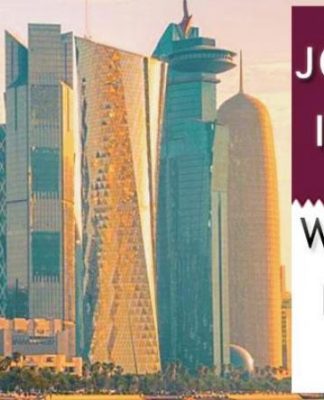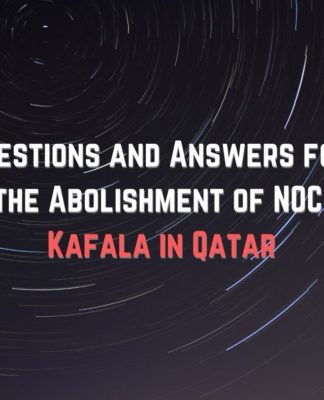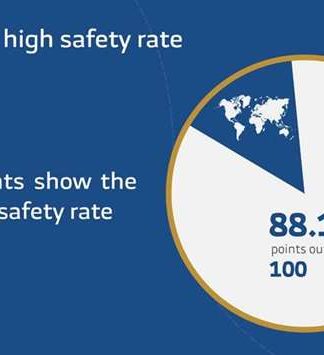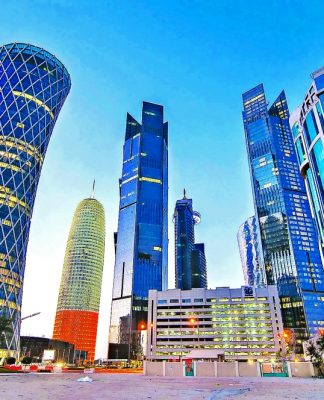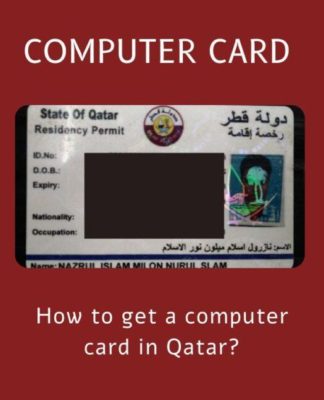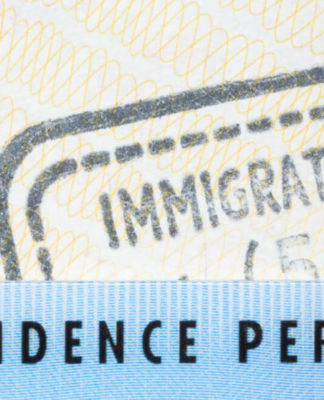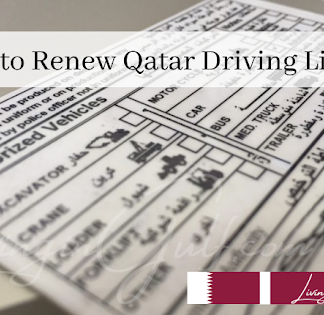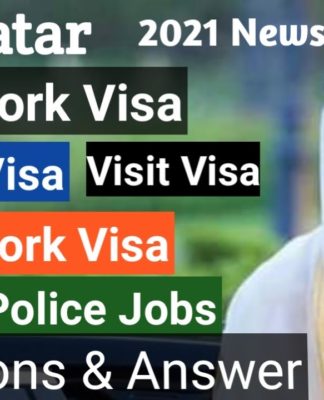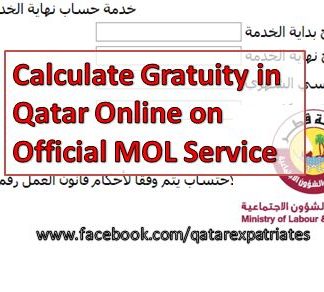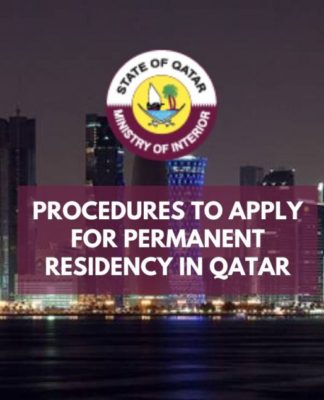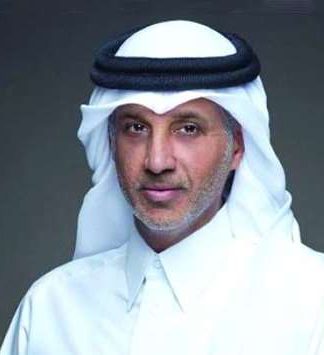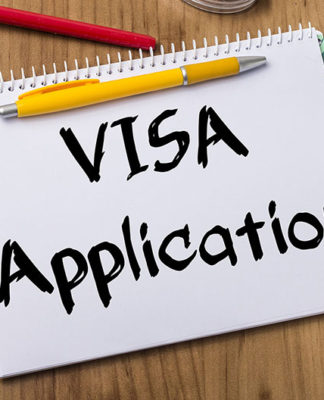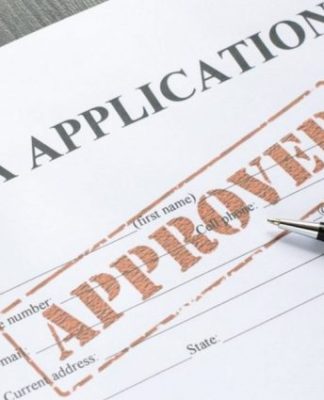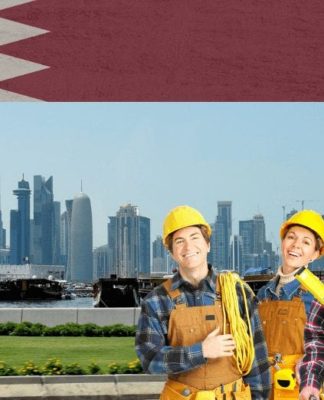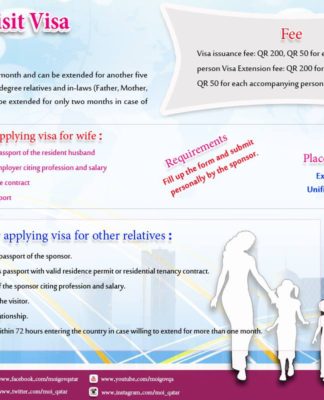Russian police arrested nearly 1,400 people as they gathered in Moscow at the weekend to demand free and fair elections, a monitor said yesterday, the biggest such crackdown in years.
About 3,500 people took part in the unauthorised protest on Saturday according to official figures, after authorities blocked prominent opposition candidates from taking part in municipal elections.
Police used batons on protesters as they tried to gather outside city hall, and AFP reporters at the scene saw demonstrators with injuries.
The rally comes amid wider public frustration over declining living standards that has hit President Vladimir Putin’s approval ratings.
A week before, 22,000 took to the streets in a sanctioned protest, calling on authorities to reverse their decision ahead of the September city council vote.
After that demonstration, investigators raided the homes and headquarters of a number of disqualified candidates.
Top Kremlin critic Alexei Navalny was jailed for 30 days for calling the fresh protest.
Yesterday Navalny was taken to hospital from jail after suffering what his press secretary said was a “severe allergic reaction”, despite having never suffered from allergies.
Kira Yarmysh, Navalny’s spokeswoman, wrote on Twitter that he had been hospitalised with “severe swelling of the face and skin redness”.
She said the cause of Navalny’s allergic reaction was unknown and that he had never suffered from such reactions in the past.
“It’s still unclear what’s wrong with him, but it looks strange,” Navalny’s lawyer, Olga Mikhailova, wrote on Facebook yesterday evening.
She said that Navalny had had “an acute allergic reaction to an unknown allergen and swelling of the face” and insisted that he had had no allergies in his lifetime.
The Moscow hospital where Navalny’s spokeswoman said he was being treated could not be reached for comment.
In a separate incident, Russian activist Dmitry Gudkov, who was among the opposition candidates barred from running in local elections this year, said he was arrested and taken to a Moscow police station.
The reason for Gudkov’s detention was not immediately clear, his spokesman Alexei Obukhov told Reuters.
Russia’s interior ministry did not respond to a request for comment on Navalny and Gudkov’s detention.
Obukhov said Gudkov, a former MP who challenged pro-Kremlin initiatives, had been detained as he walked out of a shop near his home, where he had been buying food for the protesters still being held.
Leonid Volkov, an ally of Navalny, said he had a similar allergic reaction after serving time last month in the same jail.
However, he suggested hygiene conditions rather than a “conspiracy” was to blame.
Several would-be candidates were detained before or during the protest on Saturday.
OVD-Info, an organisation that monitors protests, reported yesterday that 1,373 people were arrested.
It said this was the highest number since mass demonstrations in 2012, when tens of thousands protested Putin’s return to the Kremlin after four years as prime minister.
Opposition activists have called for another rally for open elections next weekend.
The US embassy in Moscow denounced the use of what it said was “disproportionate police force” against peaceful protestors.
The violence and arrests “undermine rights of citizens to participate in the democratic process”, embassy spokeswoman Andrea Kalan wrote in a tweet.
The EU said police actions undermined “the fundamental freedoms of expression, association and assembly”, while Amnesty International also criticised the crackdown.
In a statement, Council of Europe Secretary General Thorbjorn Jagland emphasised that “all legitimate candidates should be allowed to participate and free and fair elections must be guaranteed”.
Elections to Moscow’s 45-seat legislative body, currently controlled by the pro-Kremlin United Russia party, are to be held in six weeks.
While pro-Kremlin candidates enjoy the support of the state, independent candidates say they have been made to jump through countless hoops in order to get on the ballot for the city polls.
Following pickets last week, including outside the local election commission building, investigators said they were launching a criminal probe into obstructing the work of election officials.
If found guilty, organisers risk up to five years in prison.
Local polls are a rare opportunity for dissenting voices to participate in political life as anti-Kremlin parties have been squeezed out of parliament over Putin’s two decades in power.
Source:gulf-times.com















